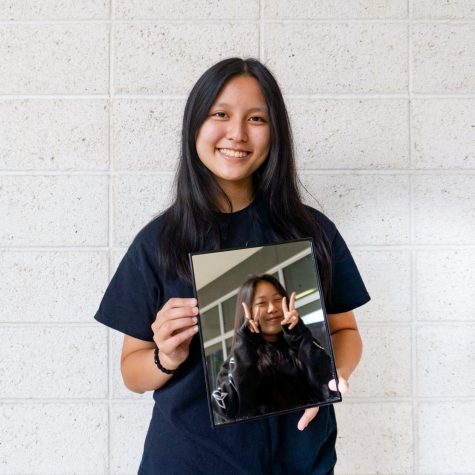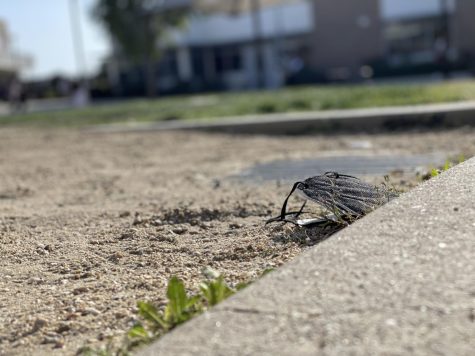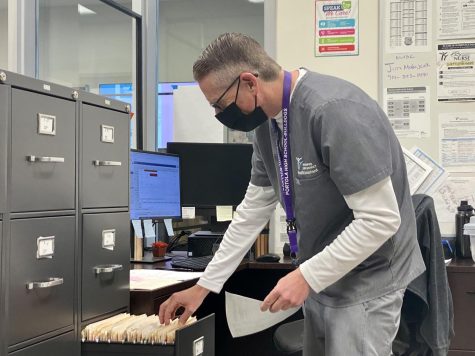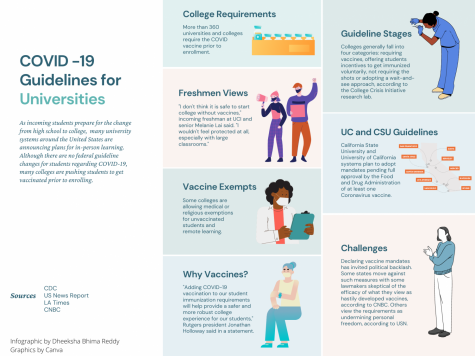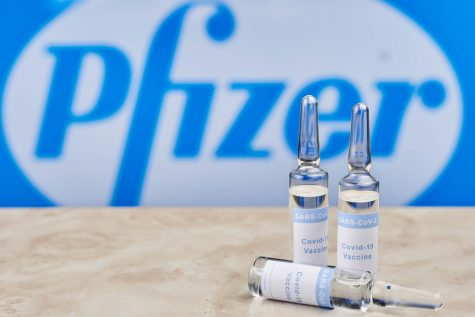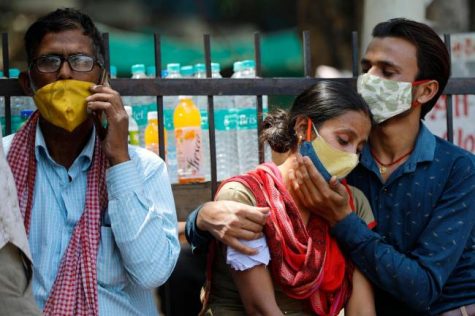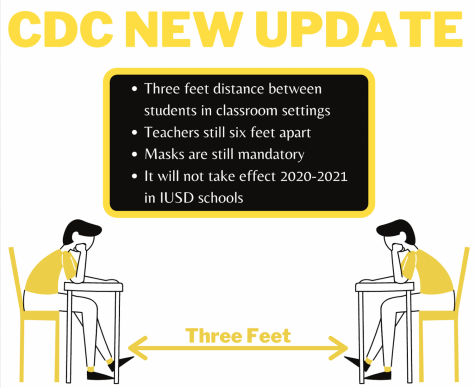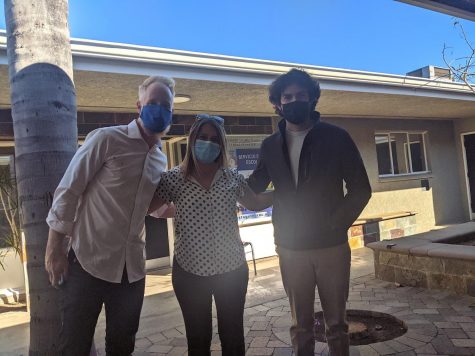Development for a Covid-19 Vaccine Steadily Progresses
March 18, 2020
As COVID-19 (coronavirus) continues to spread, approximately 35 companies or academic organizations are attempting to create a vaccine, as reported by the Guardian. According to the Associated Press, the first clinical trial began on Monday; the vaccine was given to four individuals, and they will return in a month to receive their second dose.
The experimental vaccine will ultimately be injected into 45 healthy individuals, but because this vaccine does not contain the actual virus, this trial will only be used to determine any harmful side effects and act as a stepping stone for further testing, according to the Associated Press.
Due to the severity of the pandemic, the Food and Drug Administration (FDA) has allowed for the clinical trial to skip past the typical animal-testing stage, garnering concern from bioethicists.
The trial, which is funded by the National Institute of Health, took place at the Kaiser Permanente Washington Health Research Institute in Seattle. The National Institute of Health and Moderna, Inc., a Massachusetts-based biotechnology company, are responsible for developing the vaccine.
Meanwhile, Gilead Sciences Inc. has plans to begin testing for its own drug called remdesivir later this month, according to the Wall Street Journal. Although it was originally developed to treat the Ebola virus, remdesivir has worked against another coronavirus known as Middle Eastern Respiratory Syndrome (MERS) when tested in mice.
Other programs working on a coronavirus vaccine include Inovio Pharmaceuticals Inc., Emergent BioSolutions Inc. and AbbVie Inc., according to the Wall Street Journal.
Despite the constant research and testing, it will be at least 12 to 18 months before a Covid-19 vaccine can be deemed safe and effective, according to the National Institute of Allergy and Infectious Diseases director Antony Fauci. In the meantime, the CDC has recommended that people socially distance, consistently wash their hands and maintain a clean environment.
Once a vaccine is created, distribution will likely be an issue, as most organizations do not have the production capacity, and countries will compete for limited resources.
“Because pandemics tend to hit hardest those countries that have the most fragile and underfunded healthcare systems, there is an inherent imbalance between need and purchasing power when it comes to vaccines,” science journalist Laura Spinney wrote in an article by the Guardian. “During the 2009 H1N1 flu pandemic, for example, vaccine supplies were snapped up by nations that could afford them, leaving poorer ones short.”



